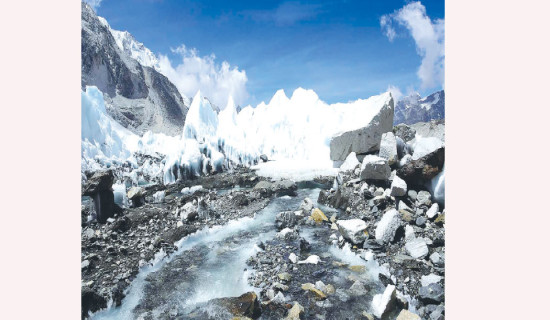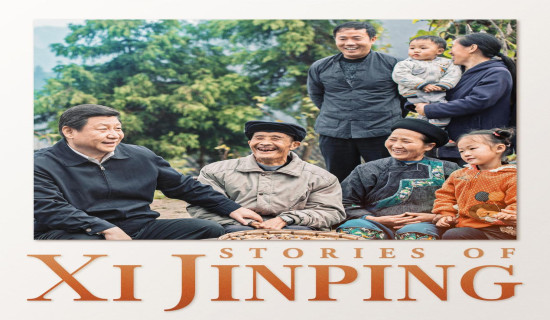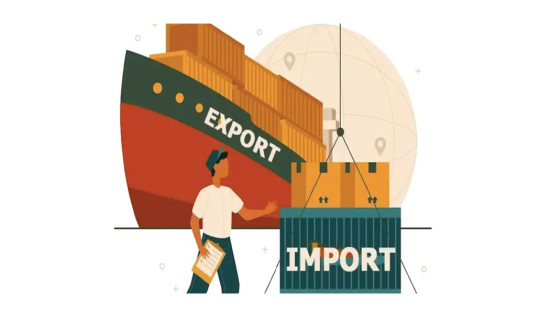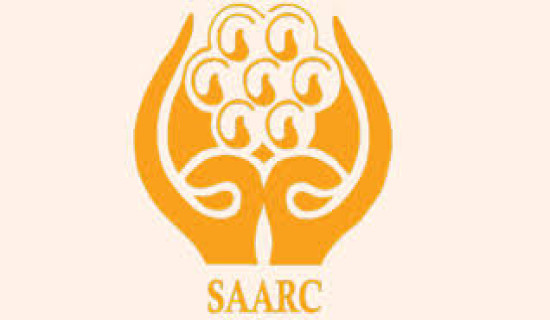- Wednesday, 18 February 2026
Climate Struggles of Nepal
Climate change has affected human life and environment in multiple ways.
Nepal’s upgrading to developing nation and challenges
The UN will upgrade Nepal to a developing country in November, 2026, but by the present day, Nepal has already achieved the national income standard, the main reason for which seems to be the demographic factor.
The Future of Data-Driven Vigilance in Customs
In Nepal, reports from the Financial Intelligence Unit show a rise in suspicious transaction reports related to trade-based money laundering, from 22 in FY 2023/24 to 43 in FY 2024/25. At the global level, the World Customs Organization’s Illicit Trade Report 2024 states that the trend of seizures of various types of illicit goods such as gold and drugs to cash and cultural objects are also increasing every year. These trends show why customs administrations must remain vigilant, adaptive, and intelligence-led.
How we failed to run our startup: Grocery Gunj
To build customers, we chose door-to-door marketing. A small team went from house to house, explained our service, and collected phone numbers. On paper, the plan was very ambitious—thousands of houses in one month. In reality, it was tiring and confusing.
Shared Borders, Shared Futures
When neighbors choose dialogue over pressure and cooperation over rivalry, development follows. When they don’t, stability becomes fragile. That’s why wise leaders pay closer attention to regional partnerships, and why they matter so much for lasting peace.
Educational opportunities and Musahar children in Nepal
Even today, many Musahar parents often squatters and illiterate themselves, are landless, poor, and socially marginalized. They survive on daily wage labor, seasonal migration, or informal work. In such conditions, children’s education becomes secondary to household survival, and the family sees education as meaningful within their social and economic reality.
Expanding "Donroe Doctrine" triggers alert across LatAm countries
However, Venezuela's Supreme Court of Justice did not announce that Maduro is "absolutely absent," although it has ordered Vice President Delcy Rodriguez to immediately take over as acting president after Maduro's capture, which, according to media analyses, suggests that there might be no general election within 30 days.
Global trade to hit record $35tn —by routing around Washington
Developing economies are trading primarily with each other, building networks designed for resilience. Simultaneously, traditional US allies are broadening their partnerships to adapt to a changing landscape.
TRN's Sixty Years And The Path Ahead
As The Rising Nepal completes 60 years of its publication, it is time to think about work plans to make it shine brighter ahead in the changed context while keepin
TRN: Architect Of My Career In Diplomacy
It is a matter of extreme satisfaction and pride that Nepal's premier English broadsheet daily, The Rising Nepal, has completed sixty years of publication today,
The Rising Nepal Is Like A Family
Journalism had never been on my wish list until the later years of college life. But circumstances led me to be a journalist with The Rising Nepal in the deca
SAARC's future uncertain amidst internal tensions, leadership gap
After the 18th SAARC Summit held in Kathmandu in November 2014, only a formal ministerial meeting of the member countries happened in Pokhara of Nepal in 2016.










